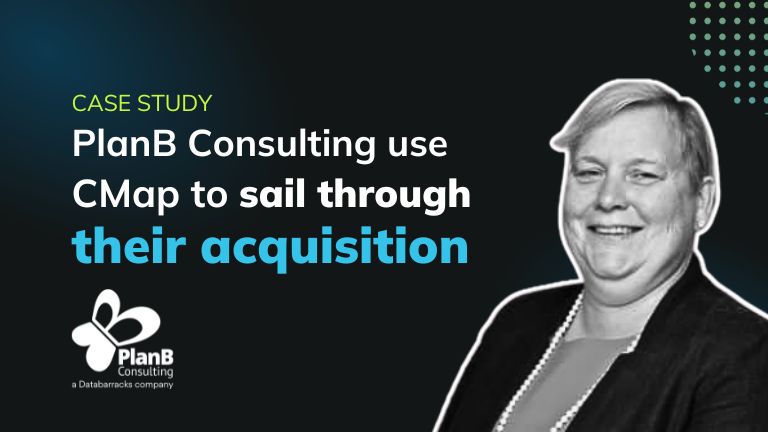
Basha-Franklin
Basha-Franklin power up their project management by using CMap
Based in London, Basha-Franklin is an award-winning interior design and architecture firm, specializing in corporate & residential design. Working across the UK & internationally for private clients, developers, agents, and investors, user experience is at the heart of the practice’s evocative design.
How were Basha-Franklin previously managing their operations?
Prior to CMap, Basha-Franklin were using a combination of WorkflowMax, spreadsheets and Xero.
Despite having invested in a project management system, it was Basha-Franklin's perception that they were struggling to get the visibility they required, and were constantly having to make decisions based on retrospective data.
“It’s no good knowing the information in the past—you need to know about the project planning in the future,” said Rachel Basha-Franklin, Principal Director.
As the firm grew by nearly 100% in the past 12 months, resourcing also became a critical issue, being managed manually with spreadsheets and no connection to project fees. Being consumed by spreadsheets distracted the team from chargeable work, and directors and associates struggled to see how resourcing decisions were impacting project profitability.
In fact, Rachel realized they were only really using WorkflowMax for time tracking—and yet they still found themselves having to chase people to fill in their timesheets.
All of these frustrations led Basha-Franklin to CMap.
Why did Basha-Franklin choose CMap as their project management system?
After doing their research and reviewing the market for project management systems, Basha-Franklin opted for CMap’s Pro Plan, integrated with their Xero finance system.
Central to Basha-Franklin’s decision was CMap’s “Fee Estimator”, a job costing tool specifically designed for how architects work. The tool enables architects to build fees based on templates, leverage bottom-up & top-down approaches, or mix multiple fee types in a project—and more!
Moving to CMap, the practice will be able to bring quoting, invoicing, resourcing, reporting, and HR into one single system. This will allow them to centralize data, remove the need to manually chase people for data and timesheets, and reconcile spreadsheets—freeing up time for staff to spend on projects and do the work they love.
All content in this case study has been approved by the client. The views and opinions expressed are the client's alone.












